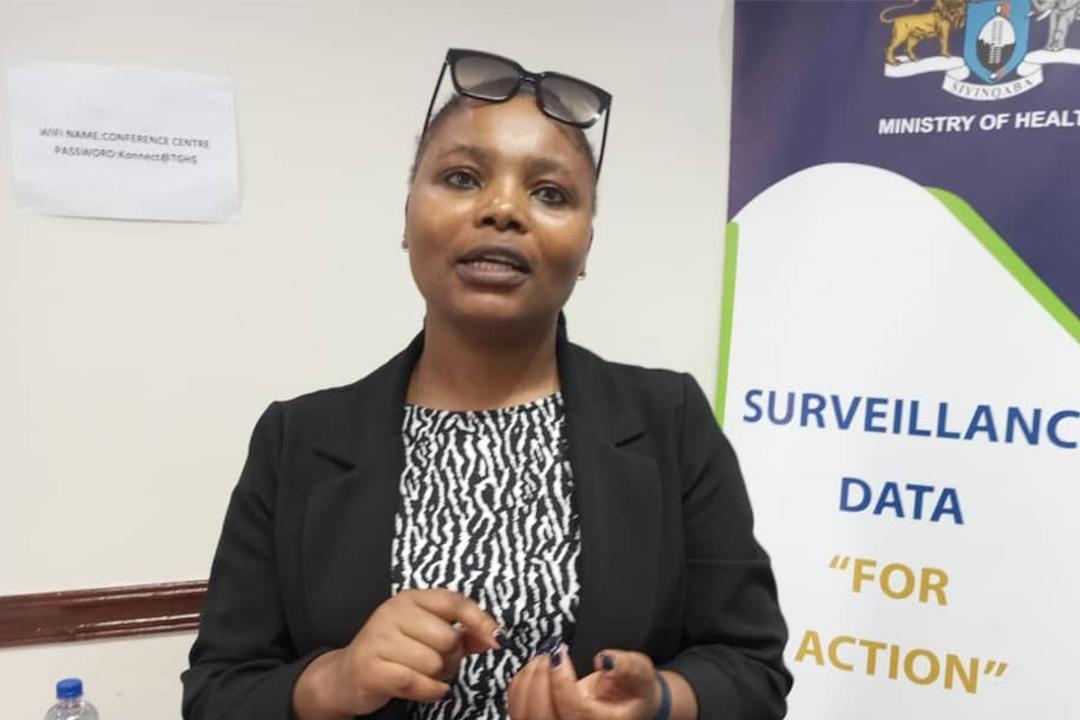Africa-Press – Eswatini. When outbreaks strike, response time is everything. And Eswatini isn’t leaving anything to chance.
Fifteen nurses from across the country are currently undergoing high-impact training under the Field Epidemiology Training Programme, Frontline (FETP-F), taking place at The George Hotel in Manzini.
The training is led by the Ministry of Health’s Epidemiology and Disease Control Unit in collaboration with key partners and aims to equip frontline health workers with critical skills to detect, investigate, and respond to disease outbreaks.
This marks the third group of nurses to be trained under the FETP-Frontline initiative, and more health workers are expected to benefit from the programme in future cohorts.
The current group is set to graduate on 26 September 2025.
FETP Frontline Coordinator Joy Mavuso, who is facilitating the training, said the programme is not just about theory, it’s about equipping healthcare workers to act fast and smart in real-time emergencies.
“We are the Epidemiology and Disease Control Unit, implementing the Field Epidemiology Training Programme – Frontline,” she said.
“This training empowers nurses who are often the first responders. They need to know what to look for and how to act quickly and effectively.”
Mavuso explained that strengthening Eswatini’s health system starts at the community level.
“These nurses are the first eyes and ears during any health emergency. Equipping them with surveillance and investigation skills is crucial,” she emphasized.
The course covers key pillars of field epidemiology, including the internationally recognized “Three-Step Approach”: count, divide, and compare. Nurses are being taught to use data to identify risk groups, determine causes of disease, and evaluate public health responses.
Facilitator Sphephelo Mdluli spoke on the importance of the classic “Five W’s”, What, Who, Where, When and Why/How, in outbreak detection and control. “Behind every case is a pattern, and behind every pattern is a lesson. Our job is to catch those early signals before they become disasters,” he said.
The FETP-Frontline is part of a global effort supported by the CDC and TEPHINET to build in-country public health capacity and improve response systems in low- and middle-income countries.
In Eswatini, it is giving nurses the confidence and tools to become lead responders in the fight against emerging and re-emerging diseases.
“Diseases don’t knock. They just show up,” Mavuso said. “That’s why we’re training nurses to expect the unexpected, and act with precision.”
With more public health threats on the horizon, Eswatini’s commitment to frontline disease control is gaining momentum, one trained health worker at a time. And as the third cohort works toward graduation in September, the country is making it clear: the frontlines are being fortified.
For More News And Analysis About Eswatini Follow Africa-Press







